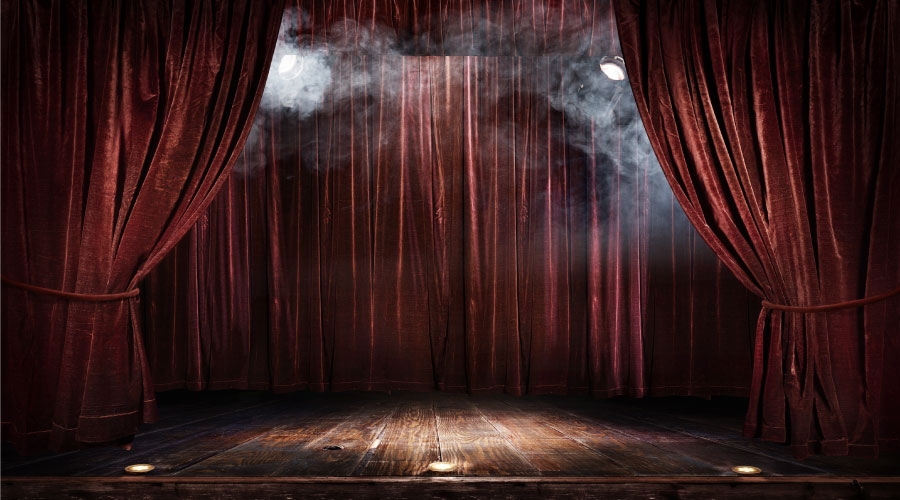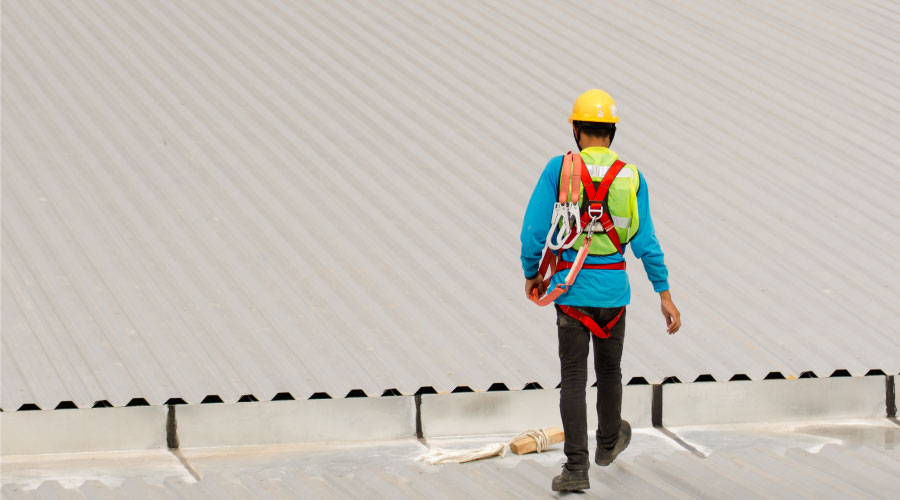
Theater Facility Mangers Help Create Magic on Stage
Behind the scenes of a production is a facilities team helping everyone stay safe. August 24, 2023
By Mackenna Moralez, Associate Editor
There is a reason why people say that the theater is magical. Being able to completely transform a space and transcend hundreds of audience members to a new world for a few hours is not an easy task. At the start of every production, set and lighting designers work closely with facilities managers so they are able to put on the best show as safely as possible.
“Safety is paramount and that is the thing that ultimately puts other items on a ‘to do list,’” says Kate Ferdinandi, interim director of production and facilities, Skylight Theatre. “Whenever we have somebody in the theater, we try and do a once over and make sure that none of the seats are falling apart and that there are clear markings on the floor so nobody trips over anything and gets hurt. Because we are a public facing institution, cleanliness is very important to patrons. So when there’s a sink that’s leaking or a bathroom stall door coming off the hinges, we want to know so that we can ensure that patrons are safe and also still having a good experience.”
Prioritizing the safety of cast, crews and patrons is just one part of a theater facilities manager job. Part of their duties include controlling the HVAC for the house and the stage separately, overseeing custodial and mechanic projects and teams, maintaining equipment such as chillers, boilers and plumbing, all while still managing the internal and external aesthetics of the facility.
“While theater spaces can be demanding from the facility side, the fun is that every performance is different and needs different attention, thus making the job more exciting,” says Tony Wantoch, director of facilities, Overture Center for the Arts.
Having open communication with every department within the theater makes the job easier. Through all-staff meetings and cross-department meetings, collaborative efforts can occur, eventually trickling down to all levels of the facility.
“Our operations team holds weekly meetings that consist of production techs, event managers, catering representatives, facility mechanics, custodial team members, front of house staff and security staff who discuss the event operations for the next 30 days,” says Wantoch. “We are fully staffed with experienced mechanics, security, custodial and tech staff at each performance. They have likely seen or done it all in their years of working in the performing arts. I’m confident in their ability to think quickly and solve problems.”
Just like any other facility, though, there can be challenges that arise. At Wantoch’s facility, the most common maintenance issue surrounds temperature and airflow as they are controlled by different valves and supply fans. He combats these issues by evaluating both the temperature and airflow daily as the weather changes and shows make their preferences known.
“An ongoing challenge is keeping the stage cool enough for performers under warm lights, wearing costumes, while at the same time, keeping the house warm enough for the patrons to relax and enjoy the show,” says Wantoch. “We control that through proper scheduling of two separate air handlers—the house is supplied through the floor and the stage is supplied through the ceiling—to create an invisible wall of temperature between the patrons and the performers.”
No matter how much you are prepared, something can go astray, and that’s why communication and quick thinking is such a crucial part of the job. During a recent production at the Skylight Theatre, the house curtain failed and at intermission the operator was taking it out and felt that something was wrong, prompting an immediate investigation from Ferdinandi and her team.
“We stopped the show and had to cancel that evening’s performance because we determined it wasn’t safe for actors to be on stage,” Ferdinandi says. “We had to make calls to different vendors to try to find the specific fly rail system that we have because it was originally installed when the theater was first built in 1934. We were trying to find someone to take a look at it, diagnose it and hopefully fit it, and that led to our discovery that there were repairs in the system that needed to be fixed sooner rather than later.”
While facilities managers help bring the magic to the stage, there’s even more work that needs to go on in-between shows. Ferdinandi says that she reads a copy of the script so that she can best prepare herself for any challenges that may come up during the production. This allows her to better facilitate conversations between teams who eventually have to execute and help build set designs or other special effects.
“Every show starts with a blank slate,” Ferdinandi says. “The ideas flow pretty fast once you get into it. At the beginning of every seasons, we will take an inventory and double check everything to make sure it still functions. Only then can we start another show.”
Mackenna Moralez is the associate editor for the facilities market.
Next
Read next on FacilitiesNet












